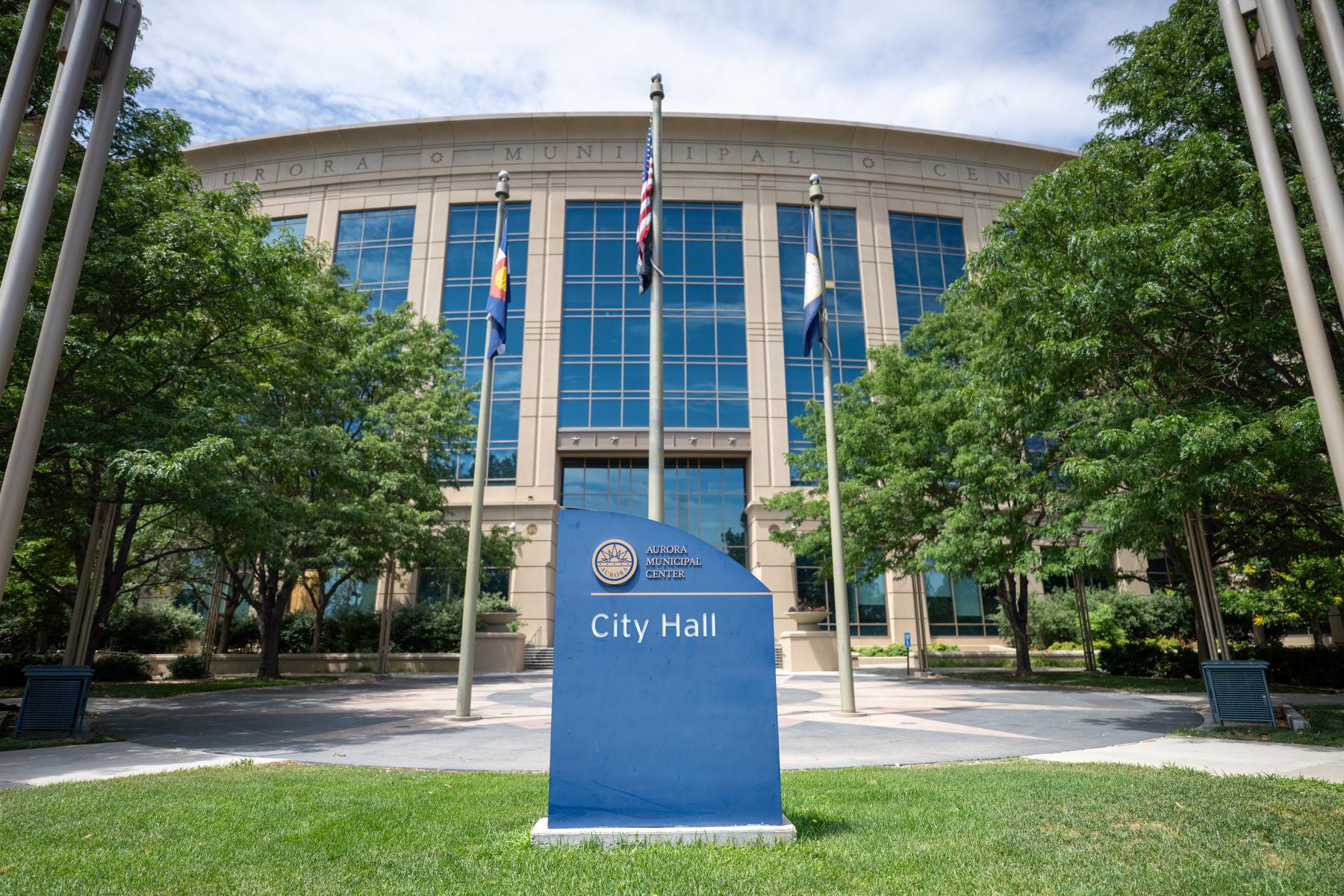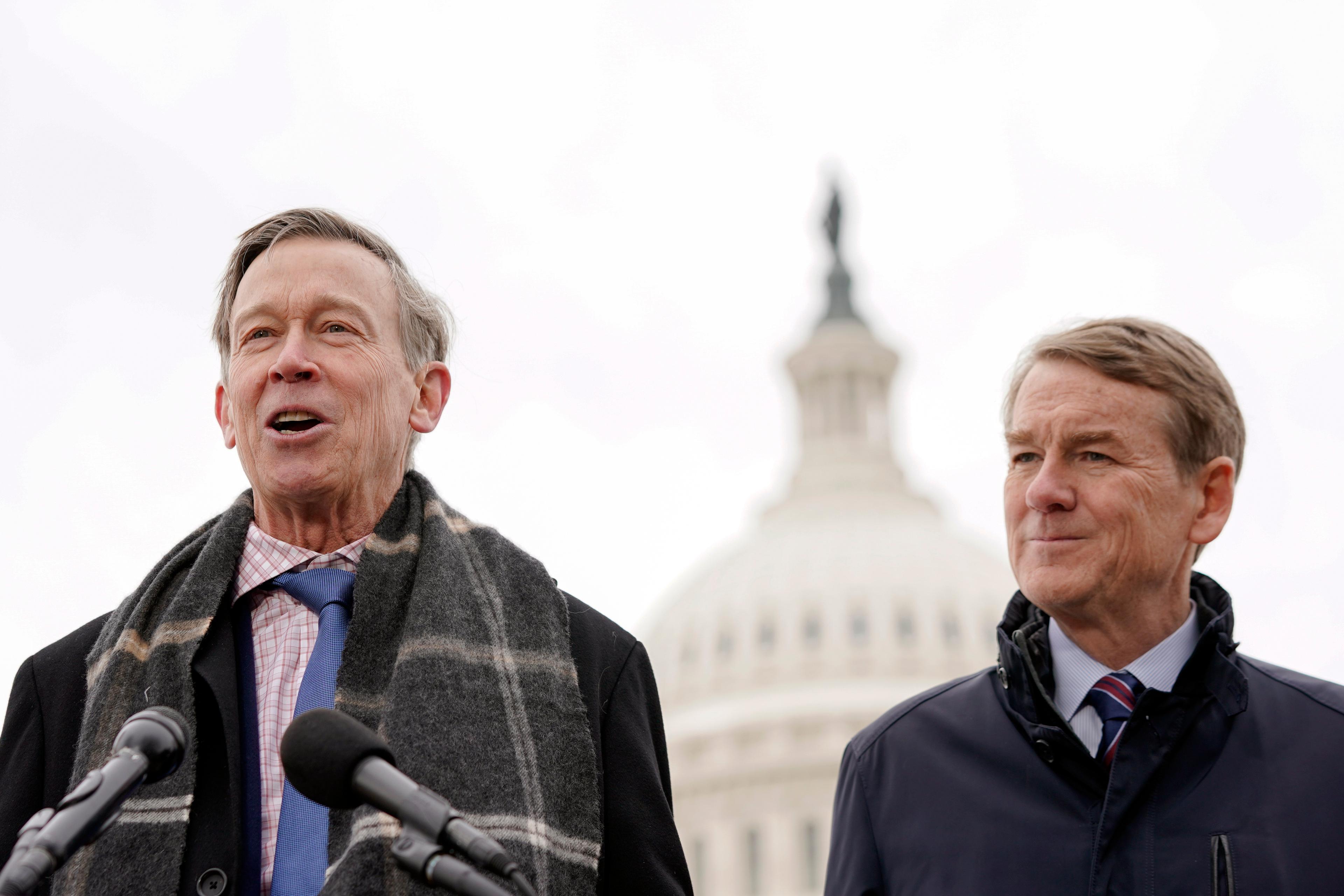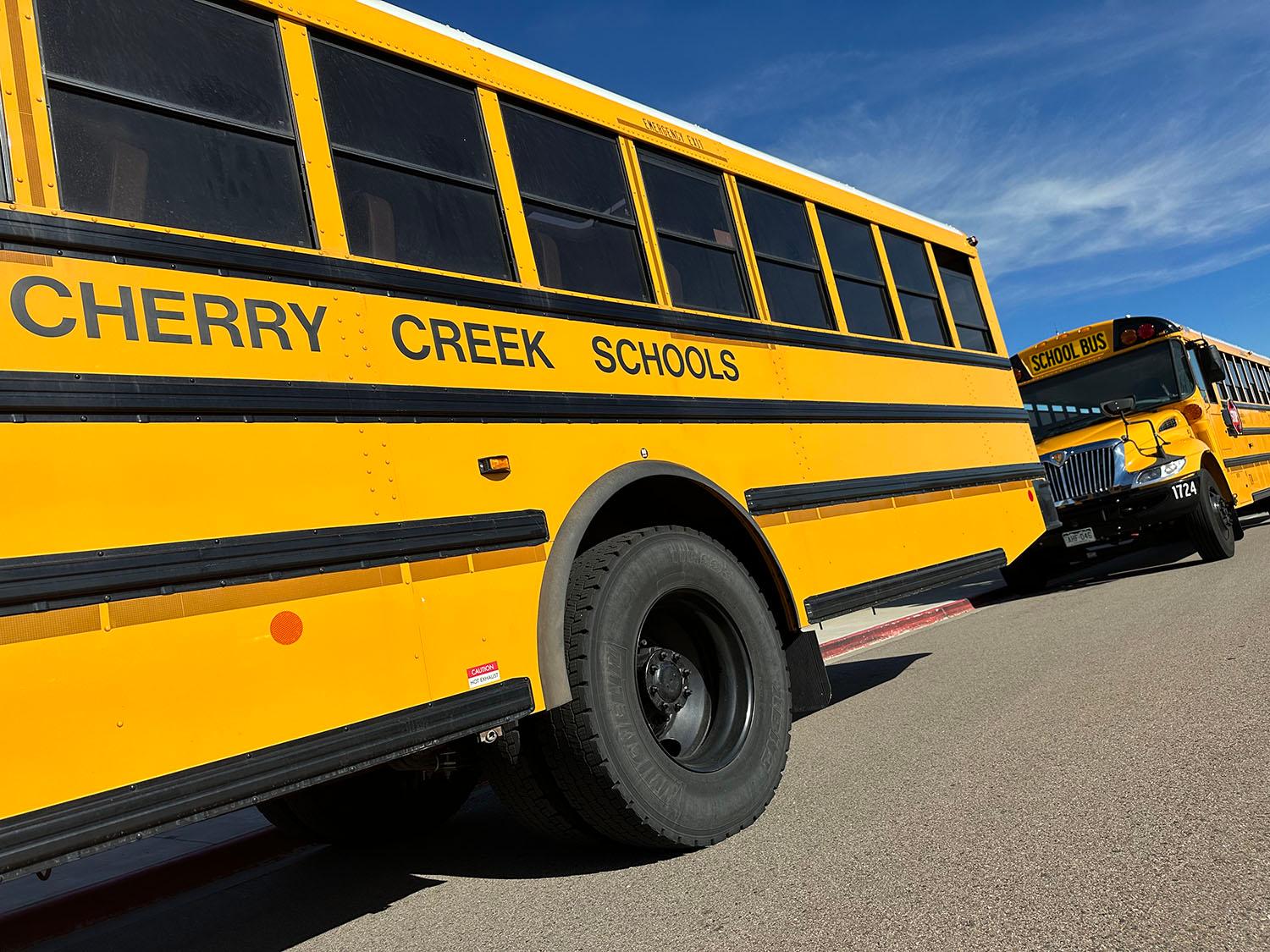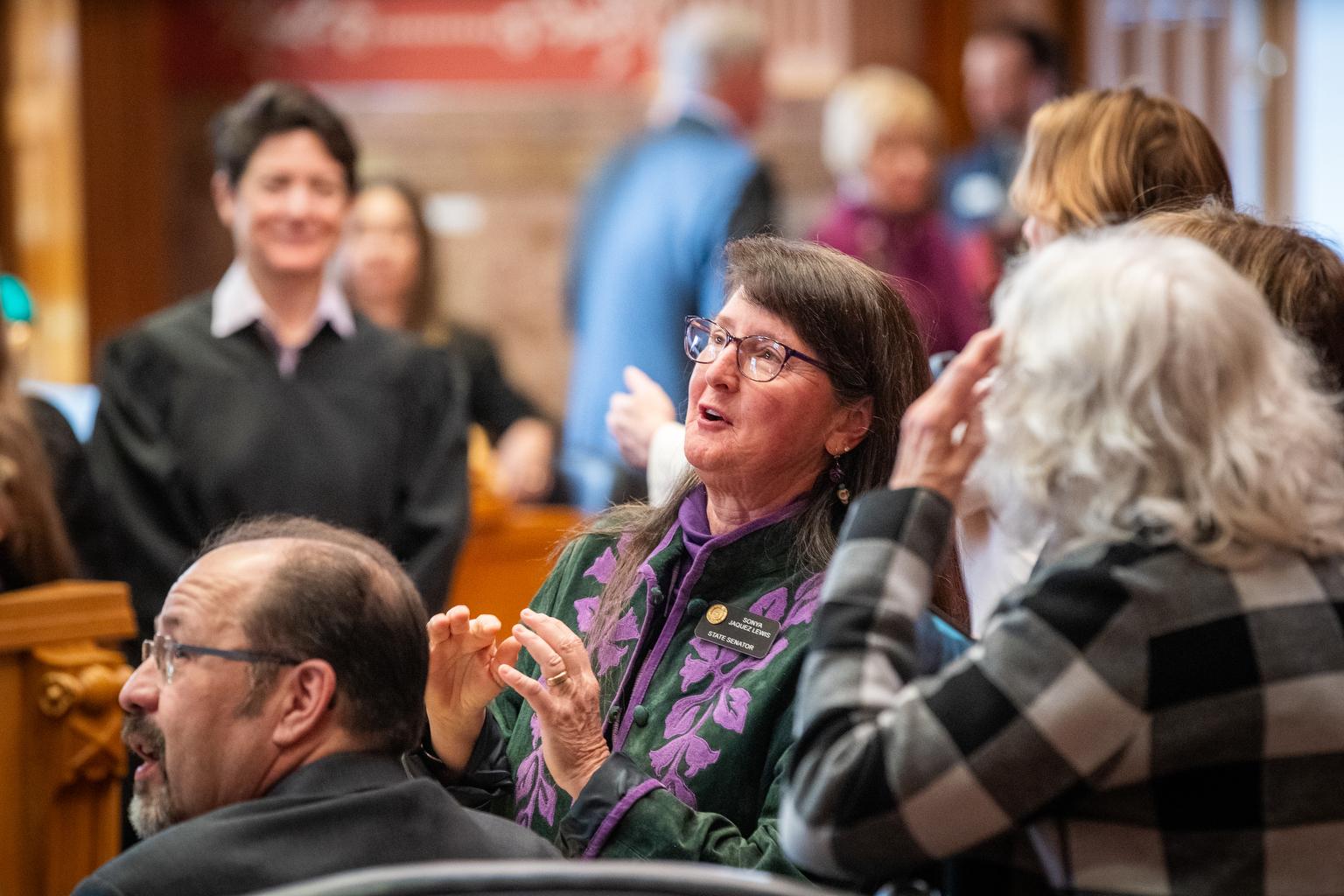
This story first appeared at sentinelcolorado.com.
By Cassandra Ballard, Sentinel Staff Writer
Balancing a $20 million shortfall in Aurora’s $1.3 billion budget next year will likely involve employee furloughs, some cuts, unfilled vacant positions and borrowing from the city’s rainy day fund — but no layoffs, city officials said Tuesday.
“We are well-positioned to deal with some difficult times,” Aurora City Manager Jason Batchelor told city lawmakers during their annual budget review for next year. “That’s because of good stewardship and financial guidance over the past several years.”
Aurora city government leaders presented their 2026 budget outlook to city council, detailing next year’s $20 million budget shortfall and a series of proposed cost-saving measures, revenue tweaks and reserve withdrawals aimed at balancing the city’s books while still funding new public safety needs.
“Nobody likes to lay folks off, and I think that’s first and foremost in their mind, is they’re looking at these positions,” Batchelor said.
The majority of city revenue comes from sales taxes.
The city’s revenue is growing, just not as fast as the city’s expenses, Batchelor said. This is due to pay raises, health insurance hikes and inflation in technology contracts.
The city is asking lawmakers to combine $10.2 million in expenditure cuts, including four furlough days, creating $2 million in savings, a reduction in the subsidy to city recreation programs, tagged at $1.5 million, shifting misdemeanor domestic violence cases from municipal to district court, saving the city $1 million in 2026 and a 25% reduction in travel and training budgets.
There could be cuts for many unfilled positions, according to the plan, which must be approved by the city council at a future meeting.
Councilmember Curtis Gardner asked whether dipping further into reserves might be preferable to furloughing employees, and Batchelor said that each furlough day accounts for about $500,000 in savings.
The city also plans for $1.8 million in new revenue with possible changes to fees and other sources.
New revenue includes savings from the dental insurance fund, estimated at $700,000 as a one-time source, proceeds from Lamar Signs, which will add approximately $500,000 to revenue, auction proceeds, which will add another $500,000, and possibly charging credit card fees to customers instead of the city covering those costs.
Finally, the city plans to take $8 million from its so-called recession reserve, which is about 28% of the balance in the fund.
“We will pay it back, I promise you.” Greg Hays, budget manager, said.
Even with cuts, the proposed budget includes $4.6 million in new spending for public safety. This includes making technology upgrades and adding positions in the police department, and matching funds for grants to staff and equip two new fire stations at Aurora Highlands and in Blackstone.
The city is also reestablishing the Office of Police Accountability.
A federal SAFER grant would cover most of the 34 firefighter positions for the new stations, contributing to a net increase of 42 full-time employees citywide.
Although a $20 million shortfall may seem substantial, the issue is not expected to persist for years, as the city has investments that should naturally balance the budget in the coming years, according to Hays.
Hays said sales tax continues to make up two-thirds of the city’s general fund, but growth is slowing. July brought a one-time windfall, increasing revenue by 13.8% primarily because of two unusually large business payments. Otherwise, most sectors remained flat or declined.
August is expected to show a slight decline, Hays said.
City budget officials said that despite this year’s budget shortfalls, the upside-down finances are only projected to be part of a two-year struggle.
“Two-thirds of the money in the general fund is based on all of us buying something,” Hay said. “That’s why we always say: Buy Aurora.”
Despite the current squeeze, Batchelor said the economic outlook is a little more V-shaped, meaning that things are expected to improve in 2027 and beyond.
“We need to make sure that we stay vigilant, make sure that the downturn doesn’t start to go U-shaped a little bit longer,” Batchelor said. “So we’ll keep an eye on that.”
General fund capital spending is expected to decrease due to reduced revenues, while smaller funds, such as the golf and 911 funds, are slated for increases.
Aurora last raised its property tax rate 25 years ago, and sales tax rates have remained unchanged for 32 years, Batchelor said, hinting at other possibilities, while the current budget balancing strategy relies instead on restraint and reserves.








